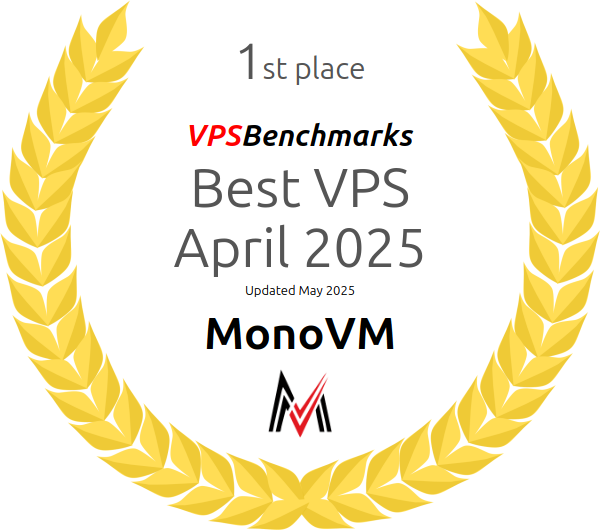A Virtual Private Server (VPS) is a virtual machine created by dividing a dedicated server into multiple isolated virtual servers through a process called virtualization. Each server, or VPS, operates independently with its own dedicated resources. Among various virtualization technologies, MonoVM uses Kernel-based Virtual Machine (KVM) virtualization, which is built into the Linux Kernel. A KVM VPS runs the kernel on the root node and offers the flexibility to host other operating systems, making it a robust and versatile solution for modern hosting needs.
KVM VPS SERVER vs Other Virtualization (Containers, OpenVZ)
KVM (Kernel-based Virtual Machine) offers true hardware-level virtualization, providing each VPS with a fully isolated kernel, dedicated resources, and performance comparable to a physical server. Unlike container-based virtualization such as OpenVZ or LXC, where multiple users share the same host kernel, KVM runs each virtual machine independently — ensuring greater security, stability, and customization.
In KVM virtualization, users can install any operating system, customize kernel modules, and manage performance at the hypervisor level, just like on a dedicated server. This independence eliminates the risk of cross-tenant resource interference common in container environments and delivers consistent performance for demanding workloads.
MonoVM’s KVM VPS hosting leverages Intel Xeon and AMD EPYC processors, NVMe SSD storage, and Linux kernel virtualization to guarantee optimal resource allocation and high I/O speed. Whether you’re deploying a production web application, running Docker containers, or hosting development environments, KVM ensures the perfect balance of control, power, and reliability that container solutions like OpenVZ simply can’t match.
![What is VPS? [A Definitive Guide on VPS Hosting for Beginner's] What is VPS? [A Definitive Guide on VPS Hosting for Beginner's]](https://monovm.com/cdn-cgi/image/width=423,quality=80,format=auto/https://monovm.com//wp-content/uploads/2019/11/VPS866-750273-847xAuto665-750xAuto.webp) 17 Dec 2024 / 836 comments
17 Dec 2024 / 836 comments



































































































